Everything You Need to Know about Overactive Bladder Syndrome
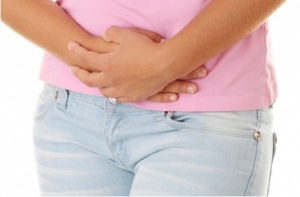

Written and verified by psychologist Valeria Sabater
We’ve all experienced days when we just could not stop going to the bathroom. As soon as you empty your bladder, you’re right back in there again. What causes this? Is this overactive bladder syndrome? And more importantly, should you be worried?
We’ll explain below.
What Causes Overactive Bladder Syndrome?
Overactive Bladder Syndrome is a common occurrence among today’s population, especially women.
Usually, we have the desire to urinate often when we drink more liquids than normal. This is a good thing, because our kidneys need to filter out the toxins from our bodies. However, there are times when, without drinking excess liquids, we find ourselves continually headed to the bathroom.
If you have to get up many times to urinate during the night, this is known as nocturia. It’s more common among men than women, especially once they reach a certain age and begin having troubles with their prostate.
But for women, Overactive Bladder Syndrome comes and goes, and it might be due to some of the following factors.
1. Drinking too many energy drinks
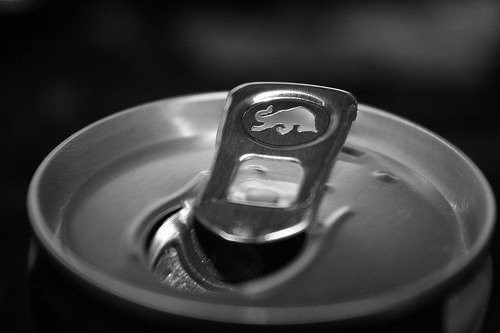
This might come as a surprise, but we’re not just talking about consuming too much coffee – other caffeinated beverages like sodas and energy drinks can affect you. It’s not a good idea to drink too many of these, nor is it healthy.
Remember that the amount of urine we produce every day depends primarily on the balance of electrolytes in the body. If we drink too many energy drinks over the long-term, it can create an imbalance in the kidneys.
It’s simply not worth the risk, so don’t over do it with these beverages.
2. Diabetes
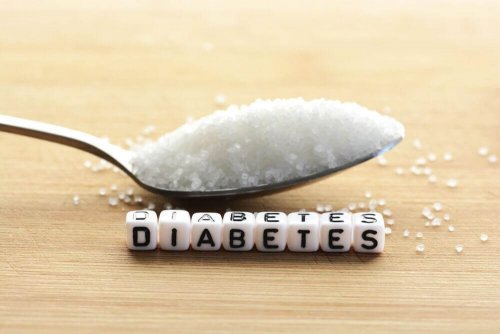
Don’t panic, because this is something that can be dismissed immediately with a simple test.
Diabetes has many symptoms, and frequent urination is among them. It results in dehydration and tends to lower potassium levels. However, stay calm, because diabetes is also associated with other factors like sudden weight loss, drowsiness, fatigue, and fainting.
Having to urinate frequently when you have diabetes is basically due to the body’s failure to produce insulin, so the excess sugars in the blood are going to the urine. All of this makes a person thirsty, and in turn causes more frequent urination.
3. Certain medications
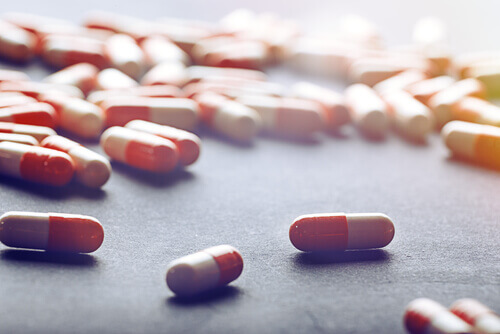
Sometimes, certain medical treatments can cause changes in the bladder and trigger more frequent urination.
Drugs like lorazepam typically produce these effects. Always read the side effects of any new medications and watch to see if you experience them during your treatment course.
4. Disorders due to stress
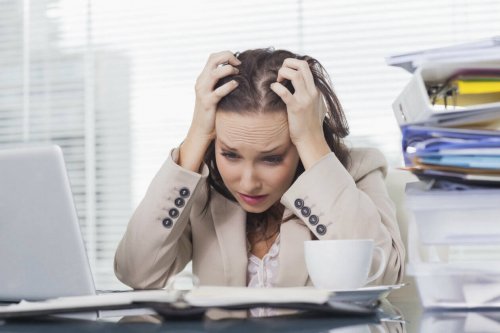
Anxiety and stress are conditions that occur during certain periods of our lives, and they can even alter our biological processes.
Also read: 7 Pieces of Practical Advice to Reduce Stress
Stomach issues, intestinal problems, nervousness, dizziness, diarrhea, and an overactive bladder are quite common during these times of anxiety.
You need to let you doctor know if you notice this is happening to you, and remember to always carry a bottle of water. Every time you go to the bathroom to urinate, drink a little water to avoid becoming dehydrated.
5. Infections
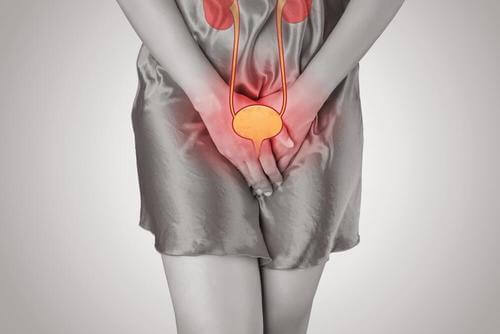
Urinary infections are without a doubt the most common cause of frequent urination.
You might like to read: Homemade Remedies for Urinary Infections
Infections of the urethra, the bladder itself, kidney tissue, or even the vulva or vagina can cause us to suffer from this uncomfortable condition. Sometimes they’re caused by hormonal shifts, bacteria, or having low bodily defenses. But they are common, and certainly most often the culprits.
You should always let your doctor know about this so you’ll get the proper treatment, because they will be the one to identify what caused the infection and what the right medication will be.
However, if you’re suffering from overactive bladder syndrome, there are a few simple tips to follow at home.
Simple Remedies for Overactive Bladder Syndrome
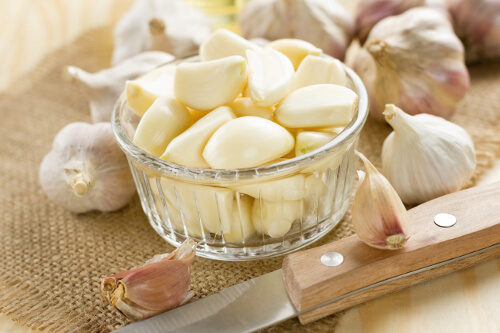
Ideally, you should follow a treatment regimen that’s prescribed by a doctor, but you can also follow these simple guidelines:
- Change your diet: Avoid irritating ingredients and foods like vinegar, heavy seasoning, coffee, hot pepper, red meat, chocolate, cow’s milk and any derivatives, flour and refined sugars. Increase your consumption of vegetables.
- Start your mornings with a tea made with horsetail grass and a squeeze of lemon juice.
- Eat a garlic clove every night with a glass of warm water. It’s a great antibiotic.
- Ginger tea is a great anti-inflammatory that will definitely help.
- Drink plenty of water to stay hydrated.
All cited sources were thoroughly reviewed by our team to ensure their quality, reliability, currency, and validity. The bibliography of this article was considered reliable and of academic or scientific accuracy.
- Feldman, A. S., & Bauer, S. B. (2006). Diagnosis and management of dysfunctional voiding. Current Opinion in Pediatrics. https://doi.org/10.1097/01.mop.0000193289.64151.49
- Miyazato, M., Yoshimura, N., & Chancellor, M. B. (2013). The Other Bladder Syndrome: Underactive Bladder. Rev Urol. https://doi.org/10.3909/riu0558
- Possover, M., & Forman, A. (2012). Voiding Dysfunction Associated with Pudendal Nerve Entrapment. Current Bladder Dysfunction Reports. https://doi.org/10.1007/s11884-012-0156-5
- Martinez Lopez, R. La infección de orina o cistitis.
This text is provided for informational purposes only and does not replace consultation with a professional. If in doubt, consult your specialist.








